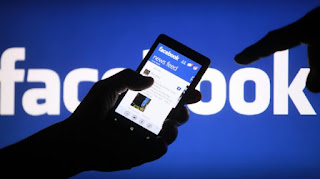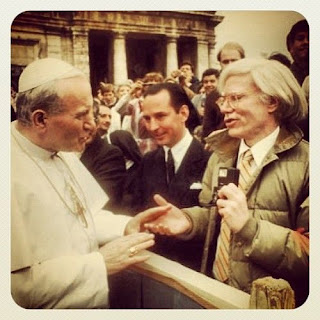Christmas & New Year offer time to reflect on peace and violence around us

This time of year brings to mind a stenciled piece of graffiti. It shows a child with his face scrunched up, crying over a pile of wrapped gifts. "I wanted you present, not these!" This is a time when we would like to slow down to be more present. And it's a time when we are invited to think about peace. In 2015 violence seemed to be everywhere, much of it arbitrary and horrendous. We were disturbed by it, continuous news magnified it in our minds. Martin Dempsey, the chairman of the United States Joint Chiefs of Staff has often repeated that "we are living in the most dangerous of times". But folk like Harvard psychology professor Steven Pinker say the idea that things are getting worse is one of the great misconceptions of our time. "Accounts of daily life in medieval and early modern Europe reveal a society soaked in blood and gore," he says reflecting on his best-selling book The Better Angels of Our Nature . "For entertainment, one co





